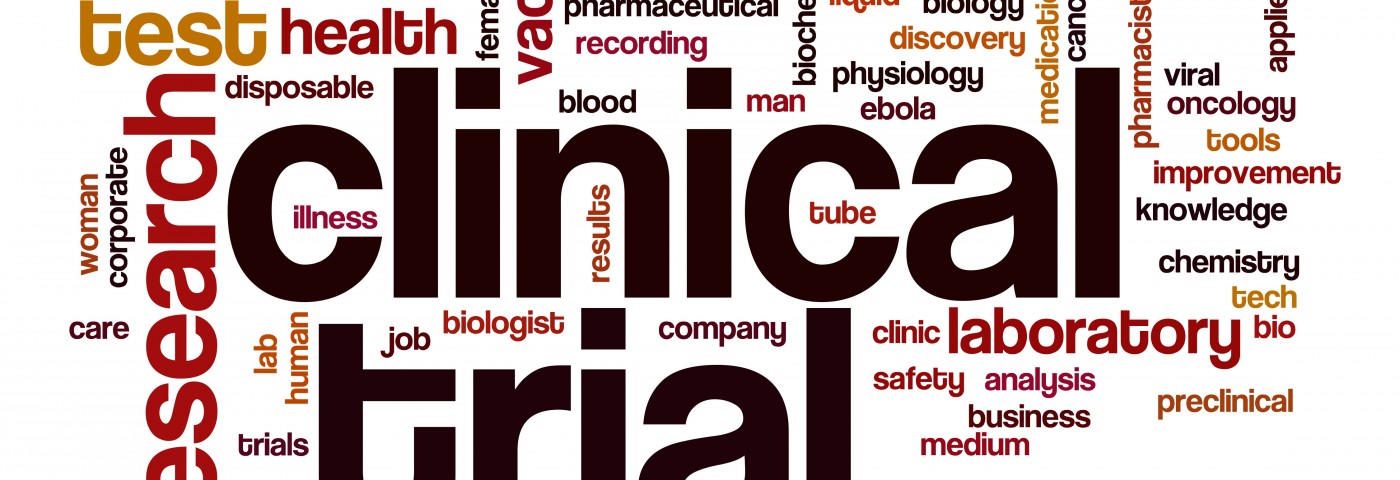Seres Therapeutics, Inc., a company focused on the development of drugs targeting the unhealthy microbiome for the treatment of inflammatory, metabolic and infectious diseases, recently announced the initiation of a Phase 1b clinical trial to evaluate the efficacy, safety, and tolerability of the company’s therapeutic candidate SER-287 for the treatment of mild-to-moderate ulcerative colitis.
SER-287, developed and manufactured as an oral capsule, is the first candidate from Seres Therapeutics’s platform to reach clinical development stage, after preclinical data from studies with multiple animal models of ulcerative colitis showed that the drug can reduce the disease’s pathology. SER-287 is one of Seres’ Ecobiotic® drugs, the result of the company’s proprietary microbiome therapeutics platform. The platform consists of combinations of selected microbes that target the restoration of a healthy microbiome in individuals with an unhealthy microbiota balance, which can lead to diseases such as inflammatory bowel disease (IBD), including ulcerative colitis.
The phase 1b multicenter, placebo-controlled clinical trial (NCT02618187) is now open and enrolling participants. The trial is expected to recruit up to 55 patients in the United States with active mild-to-moderate ulcerative colitis who have not improved after treatment with currently available therapies. SER-287 has received an investigational new drug (IND) designation by the U.S Food and Drug Administration (FDA), and the study’s primary endpoints will be the safety and tolerability of the drug, changes in the composition of the subjects’ microbiome, and the growth of healthy bacteria cells in intestinal mucosal surfaces.
Dr. Roger Pomerantz, chief executive officer and chairman of Seres Therapeutics, said in a press release, “We are pleased to initiate this trial and advance our second microbiome therapeutic candidate into the clinic. The development of SER-287 is supported by a growing body of evidence suggesting that UC [ulcerative colitis] is marked by an imbalance of bacteria (dysbiosis) in the gut, and that treating that dysbiosis may lead to a meaningful clinical impact. SER-287 potentially represents a novel and unique method to treat UC, and we are excited to evaluate how SER-287 could be a significant development for patients in need of more effective, non-immunosuppressive treatments for this very difficult condition.”

